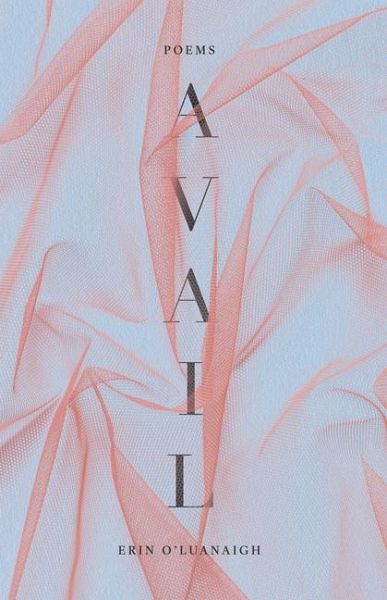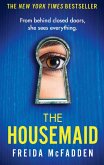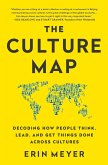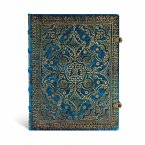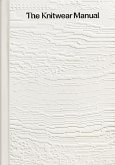Avail charts a young woman's life during and after its transformation by illness. Its distinguishing feature is a long prose-poem sequence which titles the book and winds through sections of lineated, often formal poems. The sequence comprises a series of lyric and associative meditations on the image of the veil--from religious and cultural veils, to veils imbedded in idiom and metaphor, to veiled women in art and classic films, to veils drawn and parted by illness and death--which slowly divulge the harrowing details of the speaker's blood disorder. She imagines that the vascular system is "a veil our body has swallowed whole," that a blood clot is a kind of microscopic veil, and that "a body drained of blood is a naked one." In both the veil sequence and Avail's lineated sections, allusions to classic film, literature, and art serve as the "veils" with which the speaker attempts to obscure the self-estrangement and vulnerability her illness has induced--insecurities which follow her long after her recovery. In a poem about a break-up set during her career as a jazz singer and against the backdrop of a 1930s screwball comedy, she longs "to shake life by the martini (but stay self- / possessed), to star in the movie of myself / instead of playing second lead". During a visit to Naples, Mt. Vesuvius becomes "a Crawford eyebrow / arched over the bay." And in California, after a trip to the Getty Villa, she recalls Sontag's "missive on allusion, that no part / of any work is new, that all is reproduction." By the end of Avail, the speaker has fashioned from the sum of these various allusions her own poetic identity, unveiled in the poems themselves.
Hinweis: Dieser Artikel kann nur an eine deutsche Lieferadresse ausgeliefert werden.
Hinweis: Dieser Artikel kann nur an eine deutsche Lieferadresse ausgeliefert werden.

